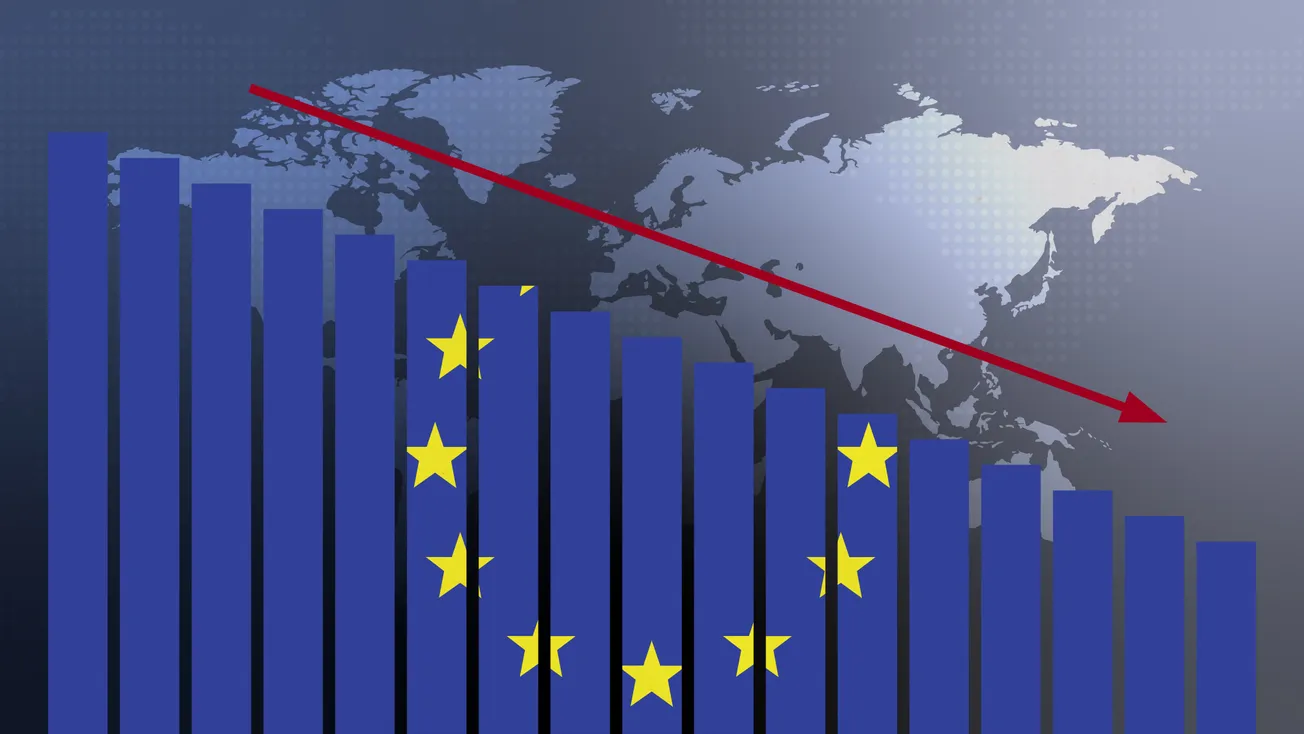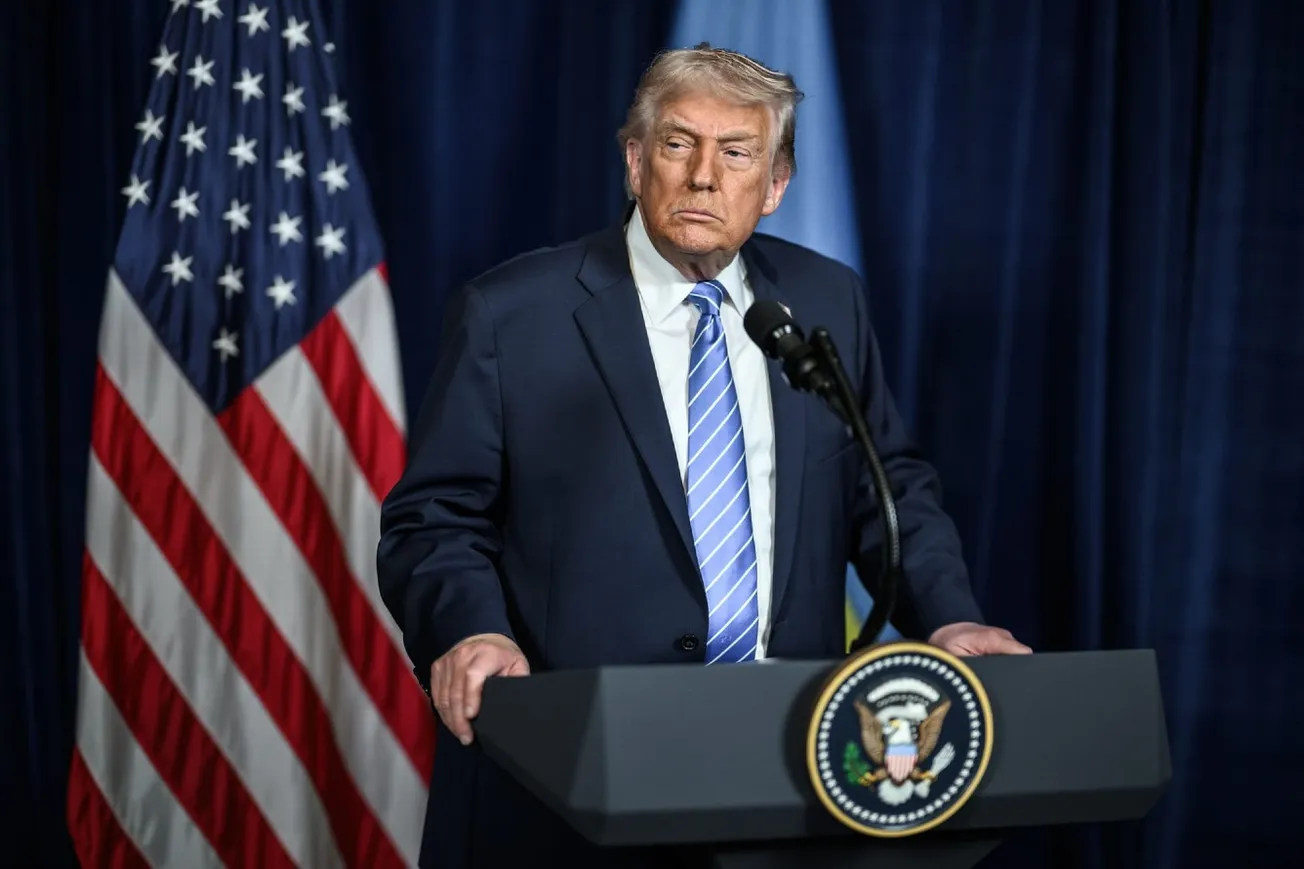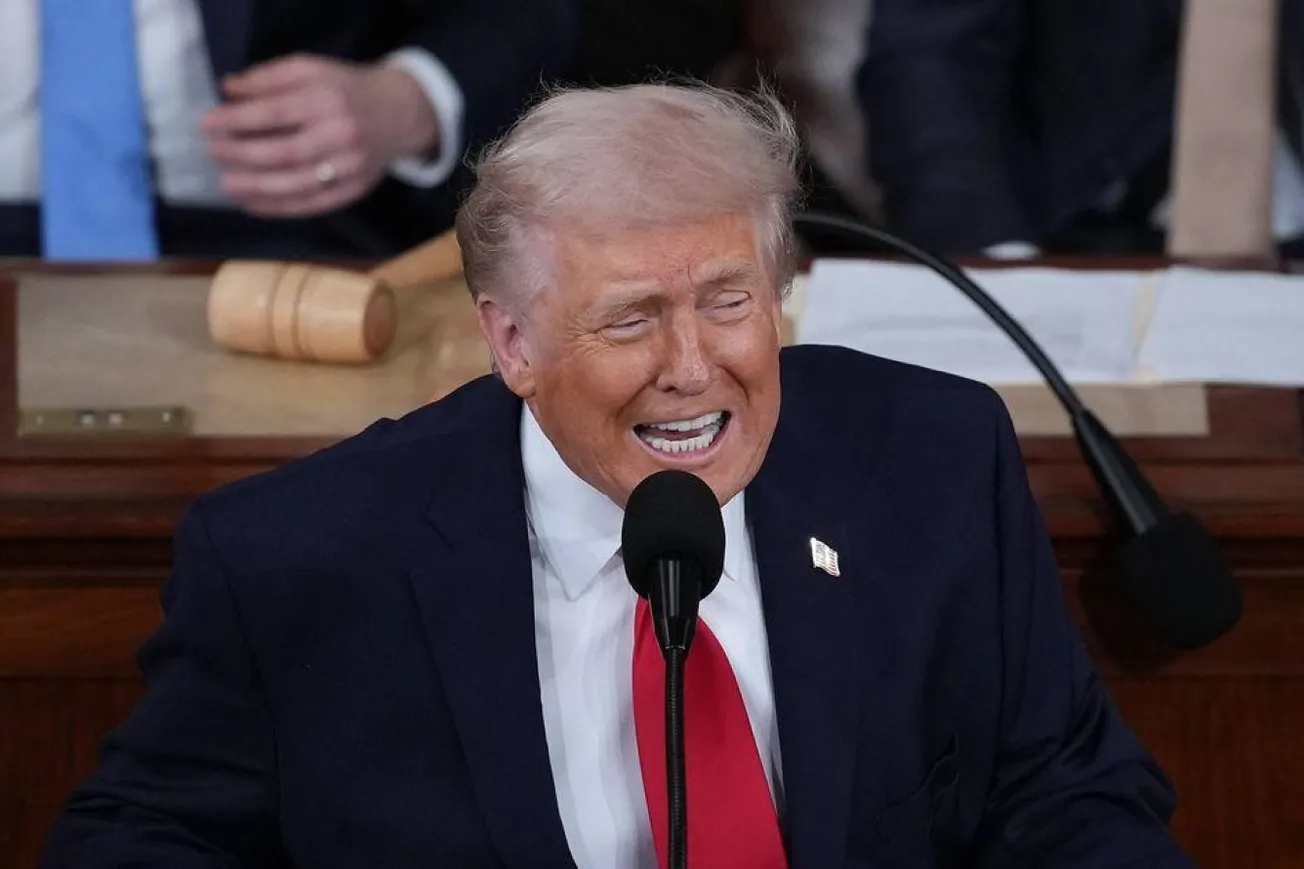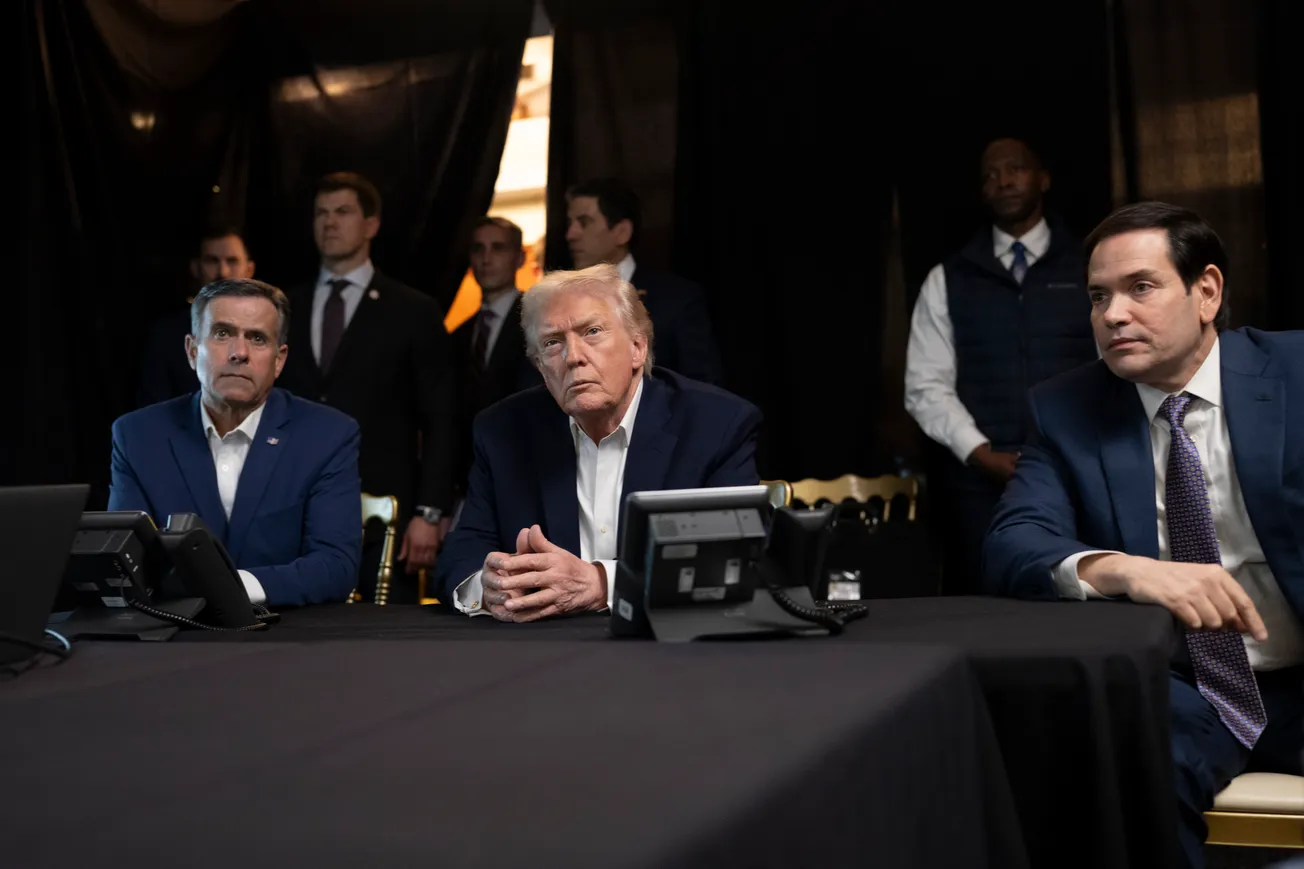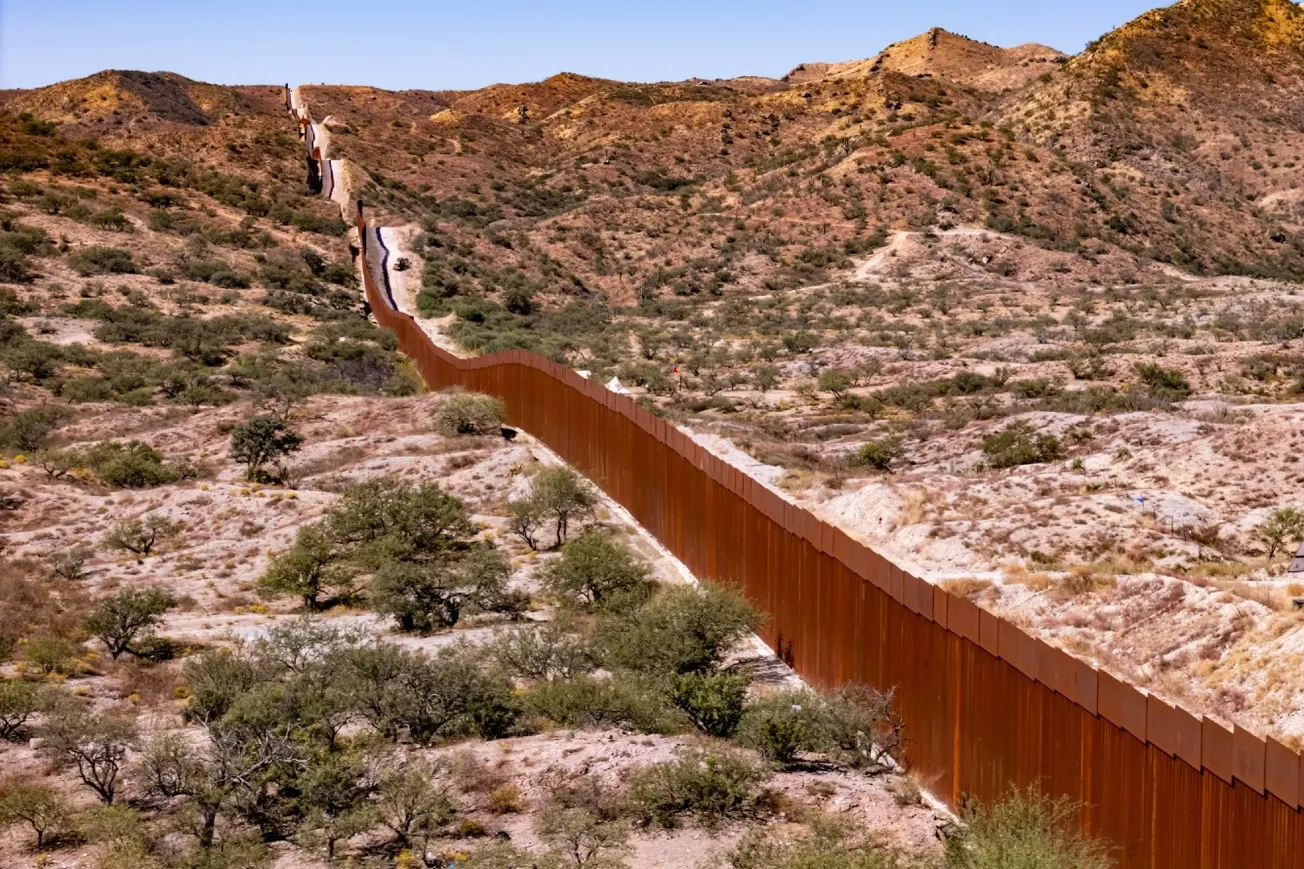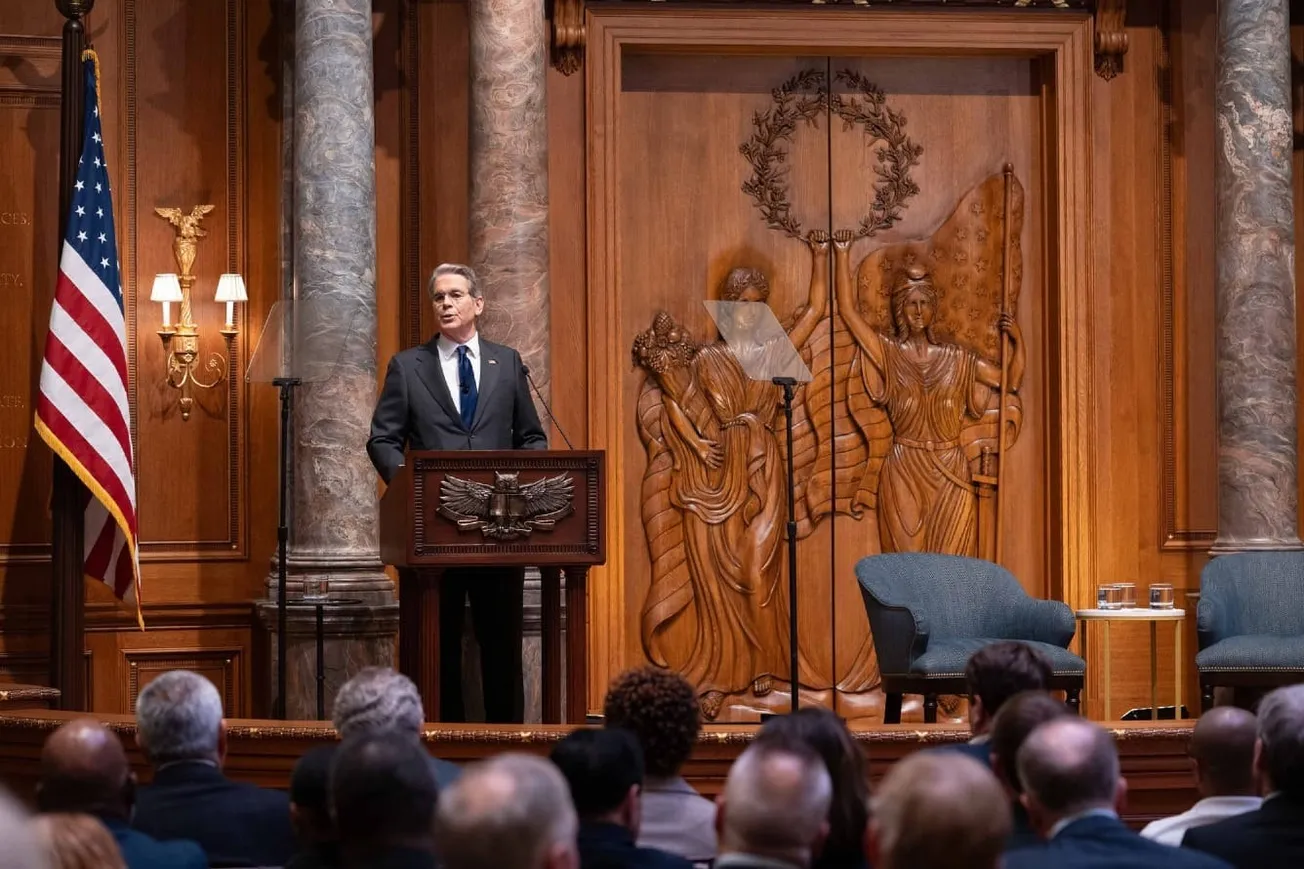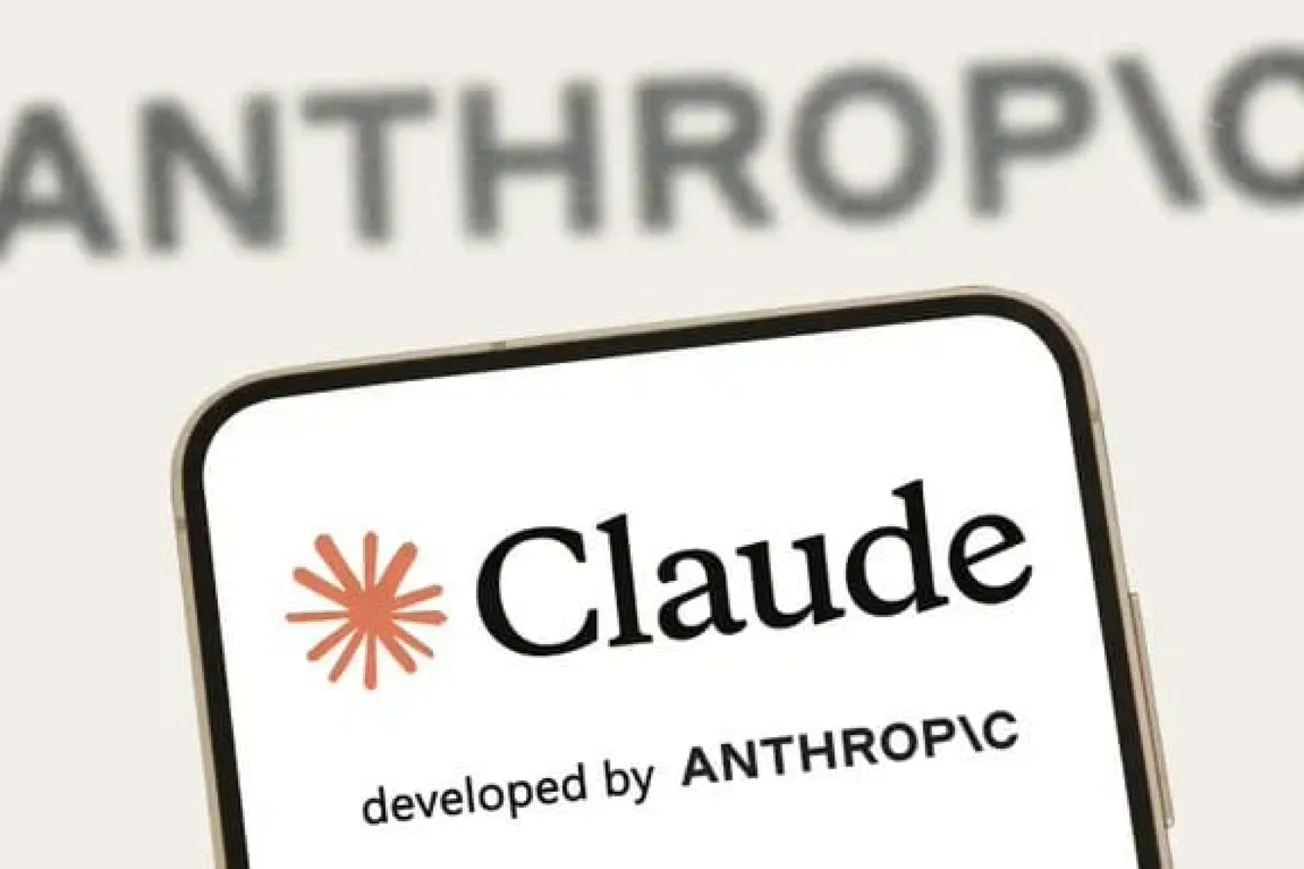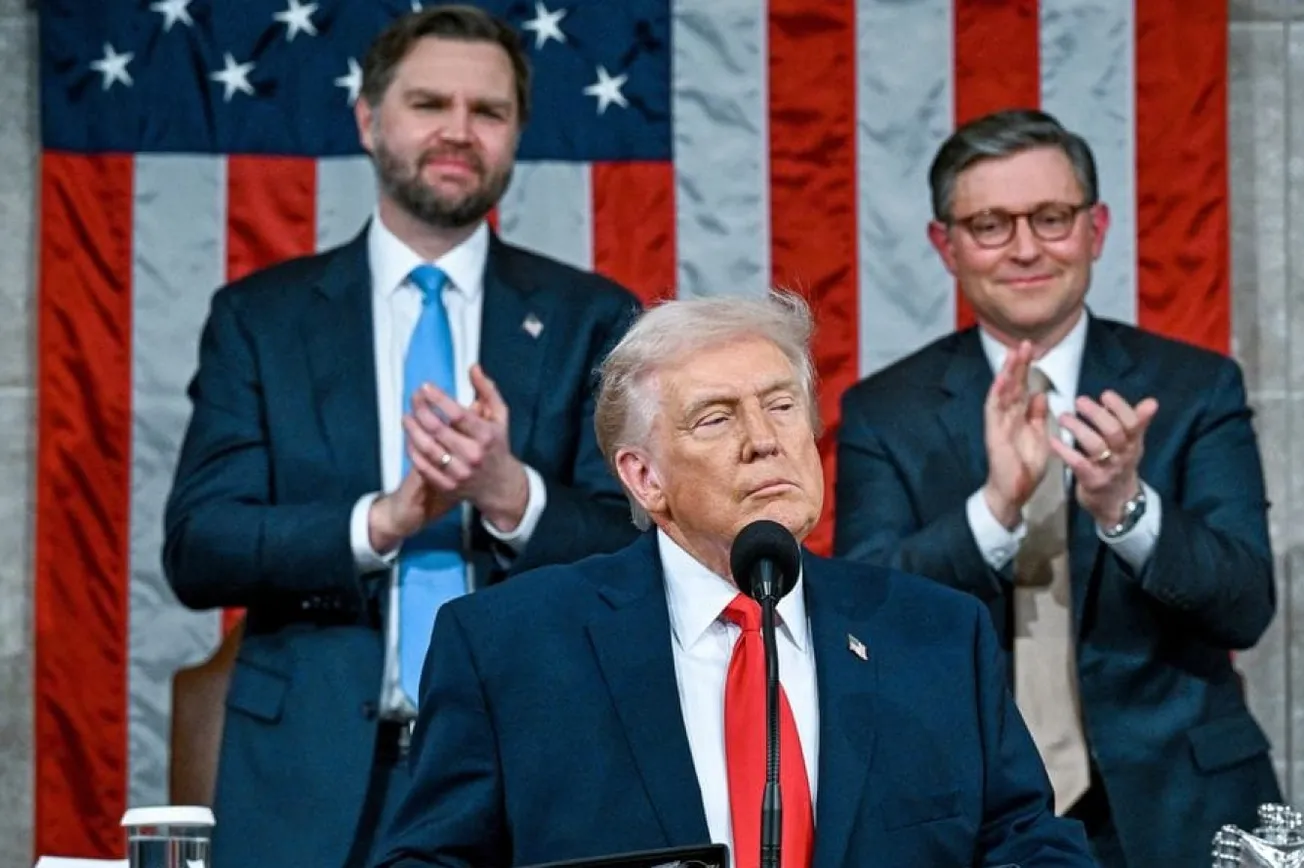Europe has had two distinct pasts. Until the end of World War II, its nations were proud, arrogant, and wealth-seeking as they acquired countries around the world, spreading culture, language, and history. After World War II, Europe decided that integration was better under the ambiguous standard of "shared values." Staunch enemies became friends if they could demonstrate allegiance to this standard.
Europe's shared values are excessively rooted in security. For context, the aggression of the Axis powers - Germany, Italy, and Japan – had brought the rest of Europe to its knees. With the rise of the Soviet Union immediately after World War II, impoverished and destroyed European countries looked to America to provide a security blanket against future aggression by any one actor.
The North Atlantic Treaty Organization (NATO) was formed on April 4, 1949, with the core founding principle of "Collective Defense." The idea was borrowed from the economic principle of funding law enforcement. Individual households cannot afford to maintain their own security guards or investigators to catch criminals, so each household pays a relatively small tax to a central entity to run a police department.
NATO's Article 5, which codifies the collective defense principle, states that an attack against any one member is considered an attack against all. It commits members to mutual defense, stating that each member will assist the attacked party "by taking forthwith, individually and in concert with the other Parties, such action as it deems necessary, including the use of armed forces."
Europe’s chronic overreliance on the United States for security has left it strategically vulnerable, unable to stand on its own while expecting Washington to do the heavy lifting to keep NATO viable. America funds 16% of the NATO alliance directly, a disproportionate share considering that there are 31 countries, many of them very wealthy. In addition, the U.S. makes significant indirect contributions through military personnel, bases, and operations in Europe, which aren't part of the NATO budget but enhance the alliance's capabilities. Charity begins at home. Keep in mind the U.S. is in the red by $36 trillion.
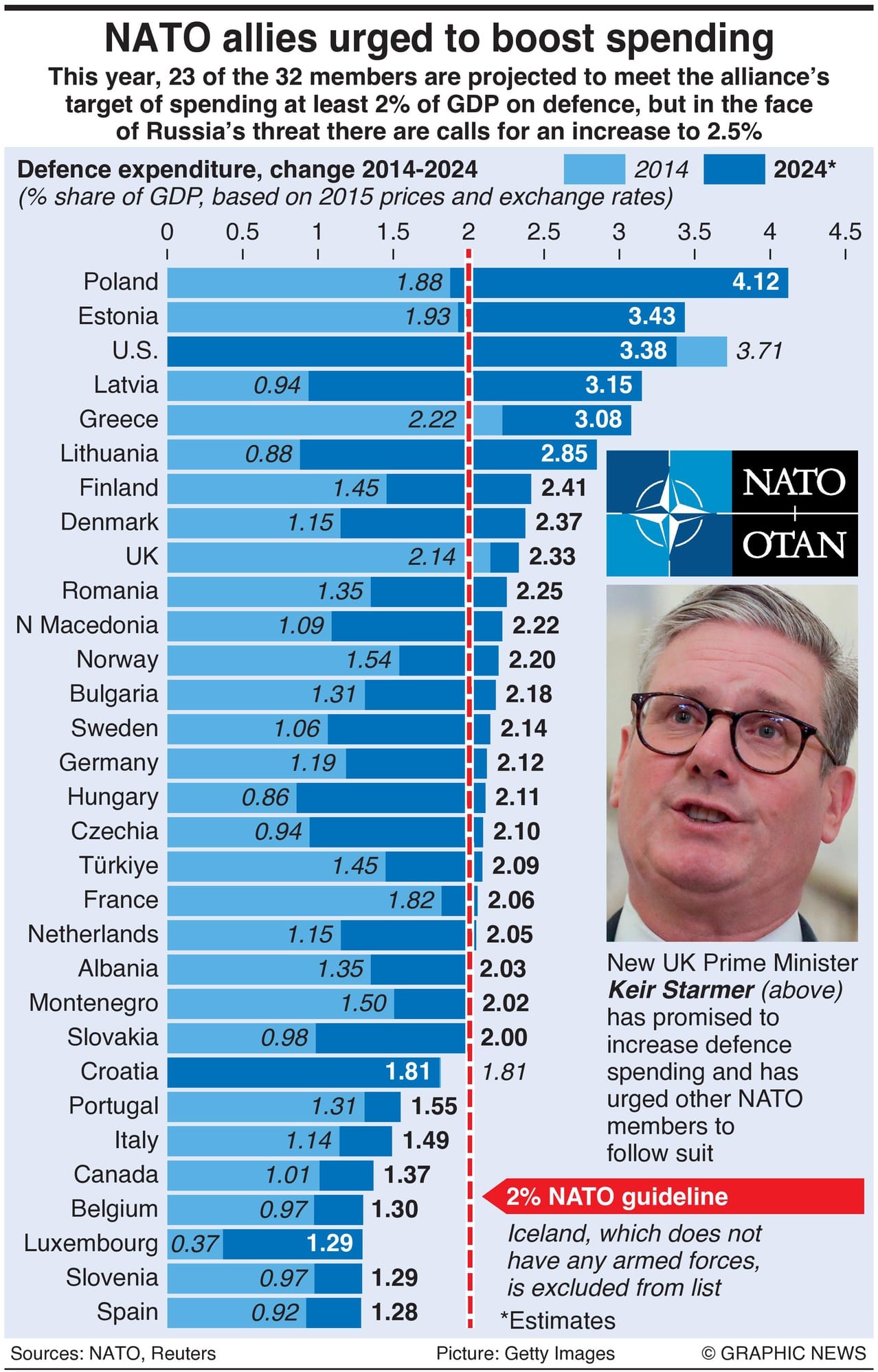
When Russia invaded Ukraine, the Biden administration framed the conflict as part of a broader Russian expansionist threat. Many in Washington reinforced this perspective, while Moscow has sustained heavy losses, including a massive mobilization of troops just to hold approximately 20% of Ukrainian territory.
When Finland and Sweden joined NATO, Europe aligned with the Biden administration’s strategic vision, led by Jake Sullivan and Antony Blinken. In a sweeping shift, European nations prioritized isolating Russia, severing economic ties, and cutting off access to Russian energy—moves that ultimately weakened Europe’s economic standing while deepening its reliance on Washington. The result has been a disaster, leaving Europe increasingly tethered to U.S. policy choices. With President Trump insisting on his MAGA agenda, European elites are scared for the continent's future, as evidenced by their speeches in Davos at the World Economic Forum last week.
Shared values have meant abdicating traditional ones. In an attempt to redefine its identity, Europe has overcorrected dramatically, abandoning core traditions and replacing them with sweeping cultural and social policies that often undermine long-term stability. By every conventional measure, Europe is far more liberal than the rest of the world. For a region that powered the rise of the Catholic Church, there has been a notable decrease in church attendance across most of Western Europe, with only a tiny percentage of the population attending services weekly. During the last twenty years, marriage rates have fallen precipitously, while some studies show a doubling of cohabitation rates. In 2001, the Netherlands was the first country in the world to legalize same-sex marriage. The EU's average Total Fertility Rate (TFR) in 2022 was 1.46 live births per woman, which is below the replacement level of 2.1 needed to maintain a stable population without migration. America's TFR is rapidly falling, too, but at 1.63 live births per woman, it is not as severe a problem.
Excessive reliance on laws to influence behavior. Countries like Sweden, Denmark, and the UK have developed extensive welfare systems reflecting liberal values of social justice, equal opportunity, and state intervention to mitigate market failures.
In Europe, employment is typically regulated by formal, written contracts that specify terms of employment, including conditions for termination. Unlike the U.S., where "at-will" employment allows for termination without specific cause, European agreements often require a valid reason for dismissal. Europeans have nurtured a cultural emphasis on job security and social welfare, viewing employment as a right rather than a privilege, which has influenced legislation and corporate practices. In Germany, France, and Italy, unions play a significant role in protecting worker rights, including employment stability. Since 2000, French law has established the 35-hour workweek for all companies, regardless of size.
The regulatory machine is also hurting companies outside the EU. Europe’s relentless, insatiable overregulation has not only stifled its own industries, crushing competitiveness and innovation, but is now actively hurting companies outside the EU as well. Mark Zuckerberg, the CEO of Meta, which owns Facebook, Instagram, and WhatsApp, went on the Joe Rogan podcast to say that the European regulation machine has levied more than $30 billion in fines on American technology companies. Under broad principles such as "data privacy," "antitrust," and "Environmental, Social, and Governance (ESG)," the mandarins in Brussels have attempted to regulate every aspect of their operations. Each rule increases costs, necessitates changes in business practices, delays market entry, or even prevents business activities altogether. It is little wonder that American tech titans from Zuckerberg to Jeff Bezos (Amazon) to Elon Musk (X, SpaceX, Tesla) to Tim Cook (Apple) have reached out to President Trump to use Washington’s power to protect American companies from the European regulatory onslaught.
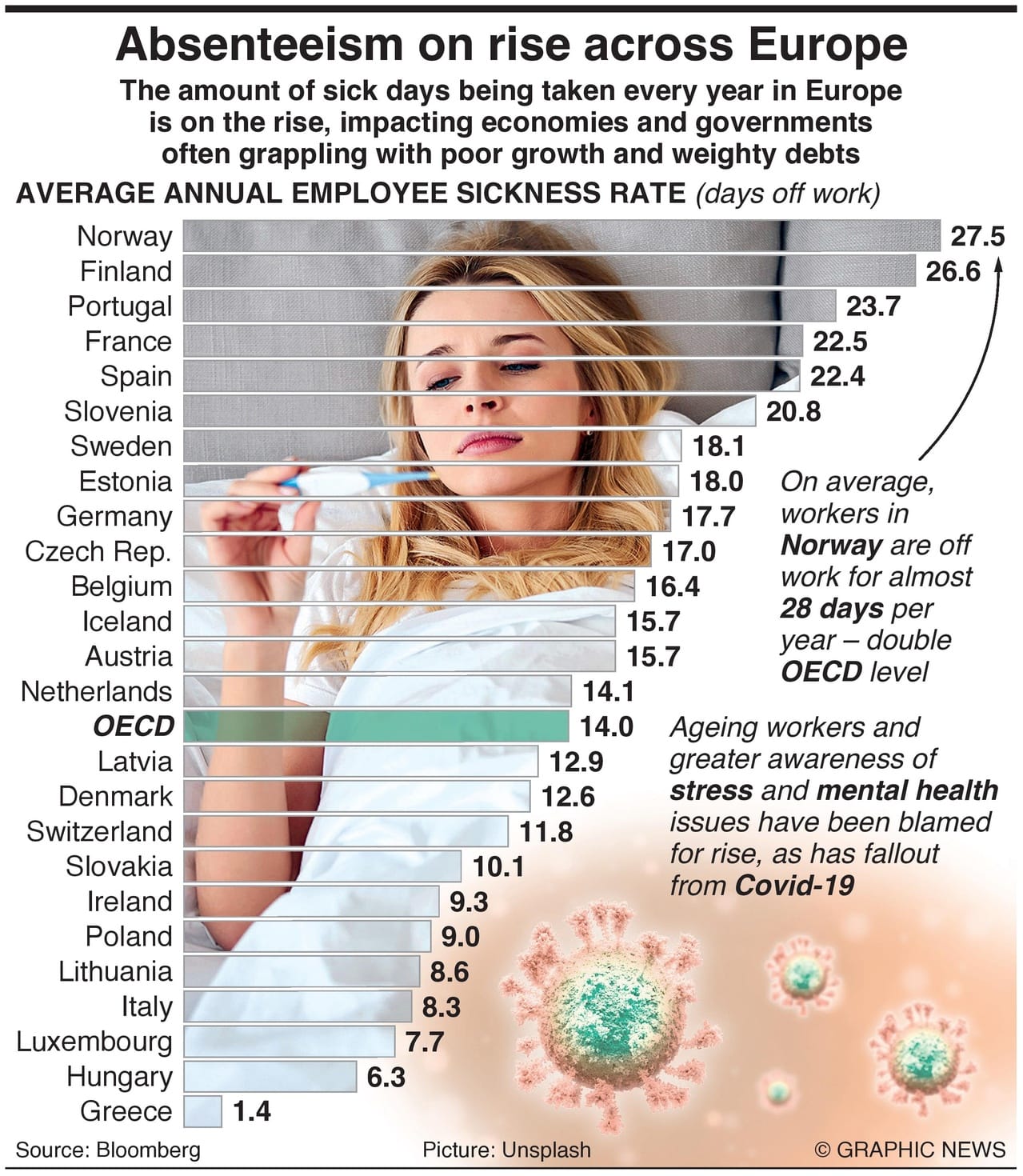
Today, Europe is a far cry from what it was even 20 years ago, its overreliance on foreign security, overcorrection in cultural policy, and overregulation of its economy accelerating its slide into irrelevance. It has no one else to blame but itself. Its industrial leadership is waning, and its once-mighty factories are barely coasting, unable to compete against China's manufacturing might. Europe's automakers, slow to embrace Electric Vehicles, are steadily losing business to Chinese and American competitors.
Volkswagen, Germany's largest employer with an 87-year history, announced that it planned to shut at least three factories in Germany, lay off tens of thousands of staff, and shrink its remaining plants—the first time it was resorting to such action. The German economy continues to skirt a recession after having been in one for the last two years. Europe is an also-ran, forgotten player in futuristic technologies such as Artificial Intelligence, Machine Learning, and Quantum Computing.
Helmut Kohl of Germany, who pushed for the Maastricht Treaty, which significantly advanced European integration, and Valéry Giscard d'Estaing (France), who helped establish the European Monetary System, must be turning in their graves.
TIPP Picks
Selected articles from tippinsights.com And More
1. Why Trump Threatens Davos — Victor Davis Hanson, The Daily Signal
2. Who’s Even Gloomier About Trump’s Big Win Than The Dems? ‘Global Leaders’ At Davos — Editorial Board, Issues & Insights
3. The Addicted, Petty, and Hysterical Left — Victor Davis Hanson, American Greatness
4. One Hard Truth Democrats Must Face to Navigate Trump 2.0 — Matt Robison, Newsweek
5. DC Elites Aren't Upset That Trump Is Taking Decisive Action, It's That He's Using It To Put America First — Greenwald, Fox News
6. ‘Don’t Write About the Laptop, Don’t Talk About the Laptop’: Ace Reporters Claim Politico Killed Negative Biden Stories — Issac Schorr, Mediaite
7. Trump-Bashing, Pulitzer Prize-Winning Political Cartoonist Arrested On Child Porn Charges — Alexandra Steigrad, New York Post
8. How DOJ prosecutors turned January 6 rioters into martyrs - Jonathan Turley, New York Post
9. Trump 2.0 Hits The Ground Running As Birthright Citizenship EO Sparks First Legal Showdown — Editorial Board, TIPP Insights
10. Hotel California: Where Dreams Are Taxed, Crime Runs Wild, And Bad Leaders Never Leave — Rajkamal Rao, TIPP Insights
11. Good Riddance Jake Sullivan - The Architect of America's Long and Winding Decline — Editorial Board, TIPP Insights
12. ‘The Purge That Really Needs To Happen’: Former FBI Agent Says America’s Immigration System Needs Total Overhaul — Mariane Angela, DCNF
13. Senate Overwhelmingly Confirms John Ratcliffe To Lead CIA Despite Dem Holdouts — Adam Pack, DCNF
14. Trump's Tariffs Will Make Americans, Mexicans, and Canadians Poorer — Jack Nicastro, Reason
15. Tariffs and Industrial Policy Fail: The Cases Of US, Japan, and China — Lipton Matthews, Mises Wire
16. Sound Money Requires Voluntary Governance — George Ford Smith, Mises Wire
17. Biden Admin Quietly Turned A Little Known Gov’t Agency Into An Arm Of The Trans Lobby. Trump May Dismantle It — Katelynn Richardson, DCNF
18. Judges Take Shots At Trump In Reluctant Dismissals Of Jan. 6 Cases After Pardons — Katelynn Richardson, DCNF
19. As Trump Cracks Down On DEI In Washington, Federal Agencies Caught Secretly Trying To Keep It Alive — Wallace White, DCNF
20. AOC Disturbed That Cultural Figures No Longer ‘Scared’ Of ‘Being Associated With’ Trump — Jason Cohen, DCNF

